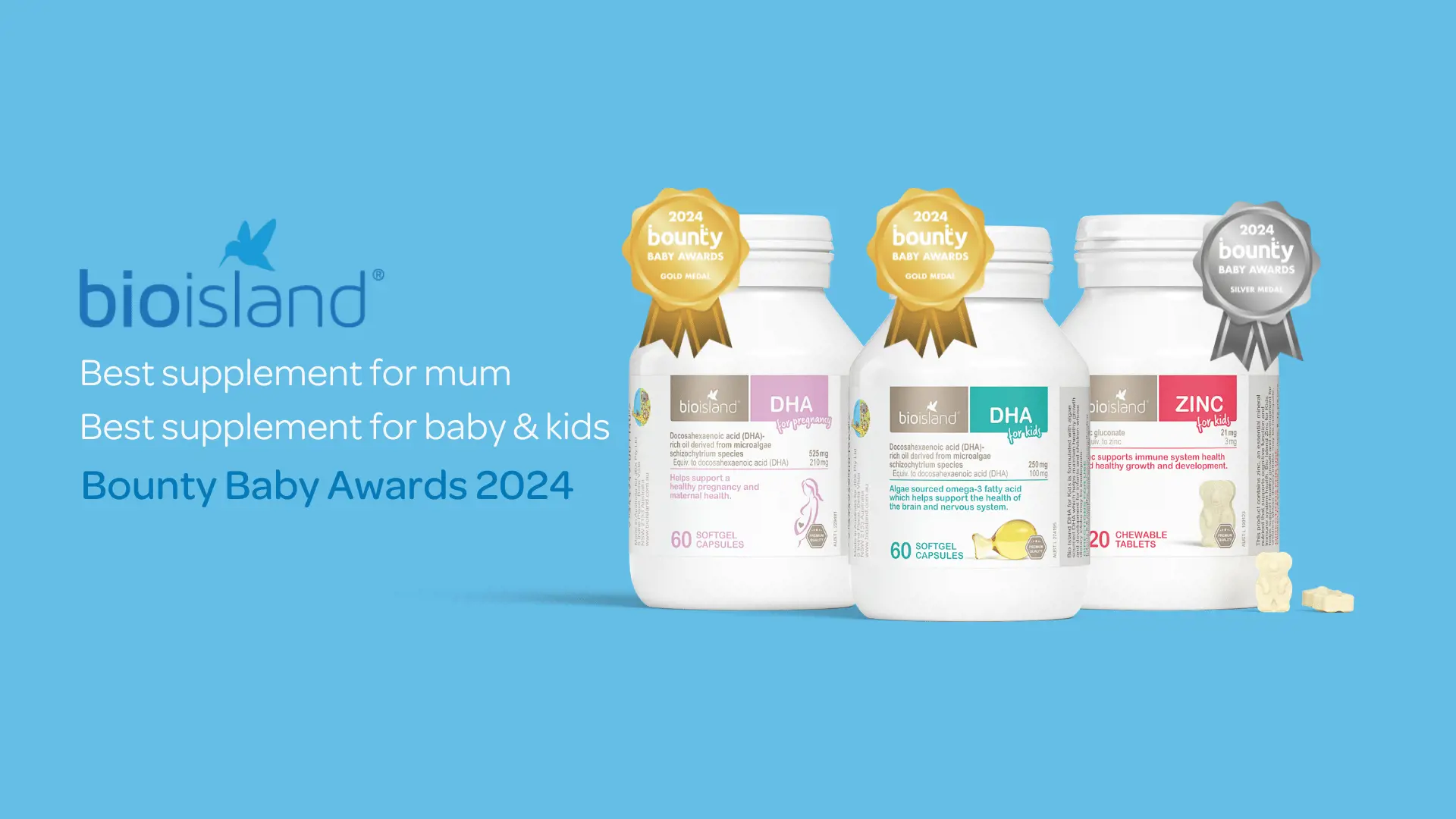
Children and understanding nutrition
30% of the consumed calories by Australian children everyday come from junk food, lollies or fast food.
Child & Baby Health
By Bio Island Nutrition Team
30% of the consumed calories by Australian children everyday come from junk food, lollies or fast food. Talking and teaching your children about food and nutrition as early as possible is the key to setting lifelong behaviours. Starting early and building the foundations of food and what healthy looks like is highly important as they grow and develop an understanding of food as a source of fuel.
As taste develops so does opinions of food and children will start to decide on their own what they do and don’t like. Talking about and show casing a nutritious diet and an active life style will have huge benefits for the child long term. Teaching them the importance of a colourful plate and the food groups early on will also help with development and education.
What could you be doing?
- Associate food with colours, the more colours on a plate usually the better.
- Talk about texture and taste, establish this with the food they are eating.
- You can purchase the healthy eating plate, which shows the food groups. They also have other resources available about teaching children about nutrition and some activities.
- At meal times you can discuss what’s on your plate.
- Associate certain foods with what they do for the body. E.g: milk and strong bones or vegetables to keep your belly happy.
- At the appropriate age get children in the kitchen creating and helping with meal time. This will help gather an understanding for not only being in the kitchen but how meals are made and why we choose the foods we eat.
- Have fruit and vegetables at easy access and have ‘sometimes food’ out of view and potentially not eaten in front of children. They will always want what you have.
- Keeping an eye on portion size, think food quality not quantity.
- Food should be treated as experiences especially in early stages of life.
What should you be asking children about food and nutrition?
- Can they identify foods and the food group they belong to?
- Do they understand the difference between sometimes foods?
- Do they recognize foods with flavours and smells?
- When they don’t like a certain food, ask them why? What does it taste like or is it a texture?
- Can they connect what certain foods do for our body?
Attitudes towards food are developed early and are genuinely formed from the parents and close members of the family. The impact of the family and food choices is extremely impressionable and negative attitudes towards healthy food can be set. Teach your child about food gradually, always keeping it positive and making sure to not show any dislikes you have in front of them.
You can decide when to introduce new food and talk about the benefits. Children will always take away something and always more if it is a positive experience. Make food fun and always remembering to lead by example. Healthy eating is a lifelong learning process and will continue to change as they change.
Sources:






